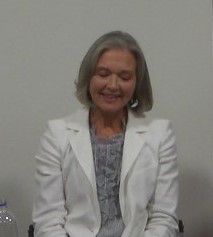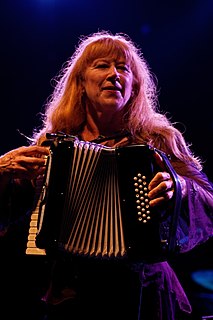A Quote by William Shakespeare
There is a history in all men's lives, Figuring the nature of the times deceased, The which observed, a man may prophesy, With a near aim, of the main chance of things As yet not come to life, which in their seeds And weak beginnings lie intreasured.
Related Quotes
Fruits are always of the same nature with the seeds and roots from which they come, and trees are known by the fruits they bear: as a man begets a man, and a beast a beast, that society of men which constitutes a government upon the foundation of justice, virtue, and the common good, will always have men to promote those ends; and that which intends the advancement of one man's desire and vanity, will abound in those that will foment them.
Criticism is a study by which men grow important and formidable at very small expense. The power of invention has been conferred by nature upon few, and the labour of learning those sciences which may, by mere labour, be obtained, is too great to be willingly endured; but every man can exert some judgment as he has upon the works of others; and he whom nature has made weak, and idleness keeps ignorant, may yet support his vanity by the name of critic.
When we see the many grave-stones which have fallen in, which have been defaced by the footsteps of the congregation, which lie buried under the ruins of the churches, that have themselves crumbled together over them; we may fancy the life after death to be as a second life, into which man enters in the figure, or the picture or the inscription, and lives longer there than when he was really alive. But this figure also, this second existence, dies out too, sooner or later. Time will not allow himself to be cheated of his rights with the monuments of men or with themselves.
In this life we get only those things for which we hunt, for which we strive, and for which we are willing to sacrifice. It is better to aim for something that you want-even though you miss it-than to get something that you didn't aim to get, and which you don't want! If we look long enough for what we want in life we are almost sure to find it, no matter what that objective may be.
The world men inhabit is rather bleak. It is a world full of doubt and confusion, where vulnerability must be hidden, not shared; where competition, not co-operation, is the order of the day; where men sacrifice the possibility of knowing their own children and sharing in their upbringing, for the sake of a job they may have chosen by chance, which may not suit them and which in many cases dominates their lives to the exclusion of much else.
It is part of the moral tragedy with which we are dealing that words like 'democracy,' 'freedom,' 'rights,' 'justice,' which have so often inspired heroism and have led men to give their lives for things which make life worthwhile, can also become a trap, the means of destroying the very things men desire to uphold.
In the daily lives of most men and women, fear plays a greater part than hope: they are more filled with the thought of the possessions that others may take from them, than of the joy that they might create in their own lives and in the lives with which they come in contact. It is not so that life should be lived.
To some it may seem old-fashioned to speak of virtue and chastity, honesty, morality, faith, character, but these are the qualities which have built great men and women and point the way by which one may find happiness in the living of today and eternal joy in the world to come. These are the qualities which are the anchors to our lives, in spite of the trials, the tragedies, the pestilences, and the cruelties of war which bring in their wake appalling destruction, hunger, and bloodshed
There's nothing to be gained from passive observance, the simple documenting of conditions, because, at its core, it sets a bad example. Every time something is observed and not fixed, or when one has a chance to give in some way and does not, there is a lie being told, the same lie we all know by heart but which needn't be reiterated.
At times the whole world seems to be in conspiracy to importune you with emphatic trifles. Friend, client, child, sickness, fear, want, charity, all knock at once at thy closet door and say,—'Come out unto us.' But keep thy state; come not into their confusion. The power men possess to annoy me I give them by a weak curiosity. No man can come near me but through my act.






































